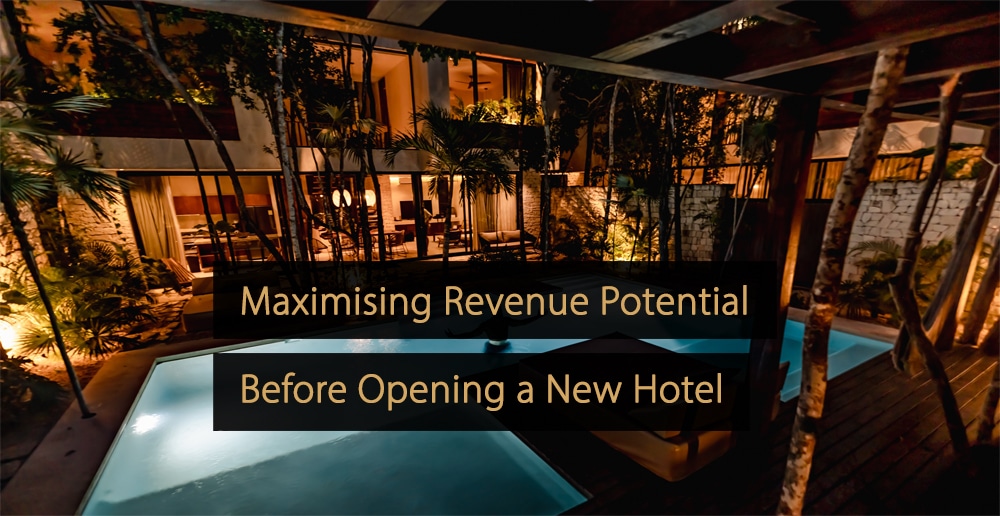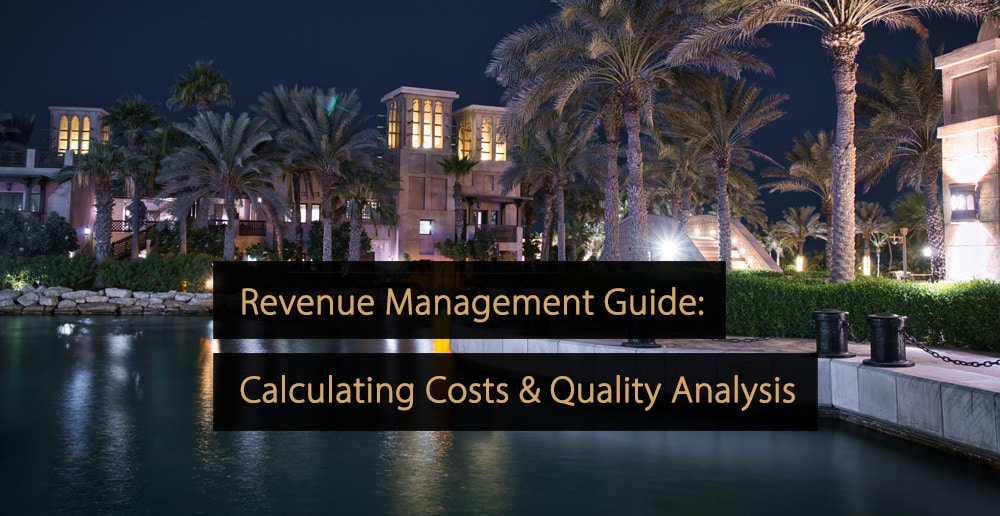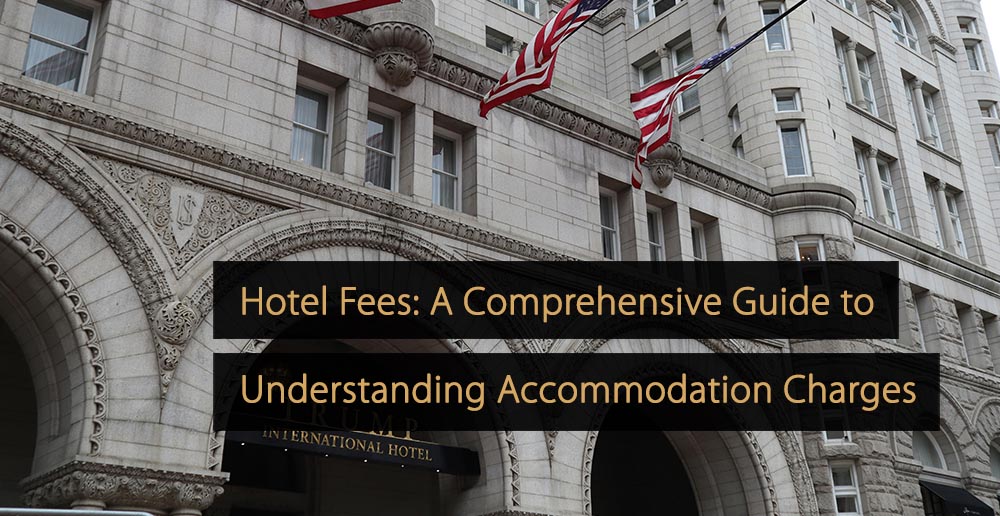Opening a new hotel or resort property is thrilling and daunting. Wherever you are on your new hotel journey, it’s never too soon to assess your revenue optimisation needs. Your new hotel’s revenue management approach will play an impactful role at every stage of development, from staffing decisions to tech budgets to sales, marketing, and distribution tactics.
Pre-Opening Considerations
Given the rapid change in modern market conditions, hotels and resorts should develop a comprehensive commercial plan that incorporates:
- Strategic hotel analysis, including a study of the micro-market and overall economic factors that could affect the hotel’s performance
- Finalised competitor analysis, including competitor price and value positioning
- Set pricing structures, including benchmarking rate (aka, best available rate), discount and promotions, packages, negotiated rates, and long-term contracts, such as airline crew or tour series
- Established channel strategies according to product positioning and market environment and cemented “product positioning” (i.e., hotel descriptions, room-type descriptions, etc.) through all channels
- Market segmentation strategies and action plans with a particular focus on business segments with high revenue contribution (this should be developed in collaboration with sales & marketing)
Prepare Staff & Stakeholders
Prior to launch, all new hotels must ensure all staff and stakeholders are fully trained, aligned with strategies and able to implement appropriate revenue management strategies across rooms and ancillary revenue streams.
This process should be undertaken at least three months prior to a hotel’s opening, if possible, and be focused on checking that all pricing and operational systems are in place and all tools and processes that track key competitor performance data, including daily competitor performance and competitor pricing activities, are functioning. Key tools used to support daily revenue management processes should be developed, focused on the construction of a comprehensive 365-day demand calendar and the evaluation of tracking actuals and on-the-books (room nights and revenues) business by market segment.
Hotel teams should also have contingency plans if the property didn’t accommodate guests as per the reservation dates due to various reasons. Proper communication and alternative options (i.e., change of date, move to sister property, or refund) should be provided to the guests. Staff training in this sensitive area is critical to avoiding negative guest encounters.
All staff working alongside or within the hotel revenue management team, should be provided guidance and support during the hotel’s crucial soft opening period, which occurs between 60 to 90 days after its initial opening. Once a new hotel has opened, continued staff support and additional training will ensure staff members can meet their defined strategic goals and handle developing market expectations.
Given that the hospitality sector is currently facing a shortage of workers, it is critical that hotel departments work together to accurately plan how many workers are needed in each hotel area. After all, if a hotel isn’t adequately staffed, it can put a ceiling on revenue and sales by not being able to cater to the business’s true demand.
Go Beyond Guest Rooms
Hoteliers talked about total revenue management for years, but the pandemic sped up the innovation process. As demand for guest rooms depressed, the total value of a guest has become vital to a hotel’s bottom line. As a new hotel, the first step of total revenue management is data collection.
To track good quality data from guest spending, hotel guests should be encouraged to charge ancillary spending to their room account, where the full value is recorded within the property management system. Furthermore, standard coding for market segments, rate codes and other revenue streams should be established to ensure clarity and ease of access to invaluable guest spend data. Future business decisions can be based upon.
Plan, Test & Adapt
The success of a particular hotel or resort can be determined in the initial few months, both in terms of industry reputation and prospect for long-term financial return. In a disrupted and increasingly competitive marketplace, any new hotel must be able to meet the challenges of varying demand upon opening. It is no longer enough for a property to open its doors and expect the right guest to walk in paying the right price. Hotels need to thoroughly plan, test and adapt to optimise their chances of maximum revenue and commercial success.
Free Handbook: Maximize Revenue Before Hotel & Resort Opening
Whether you’re an asset manager or developer just getting started or an owner looking at paint swatches, this book is intended to help you comprehend the entire extent and seriousness of the revenue management decisions and investments you make – long before you meet your first visitor.
Within this handbook, you’ll find tips to maximize your hotel or resort’s revenue and commercial performances before opening. Click here to download the handbook “Maximize Revenue Opportunities of Your Hotel or Resort Before Opening”.
More Tips to Grow Your Business
Revfine.com is the leading knowledge platform for the hospitality and travel industry. Professionals use our insights, strategies, and actionable tips to get inspired, optimize revenue, innovate processes, and improve customer experience.Explore expert advice on management, marketing, revenue management, operations, software, and technology in our dedicated Hotel, Hospitality, and Travel & Tourism categories.








Leave A Comment